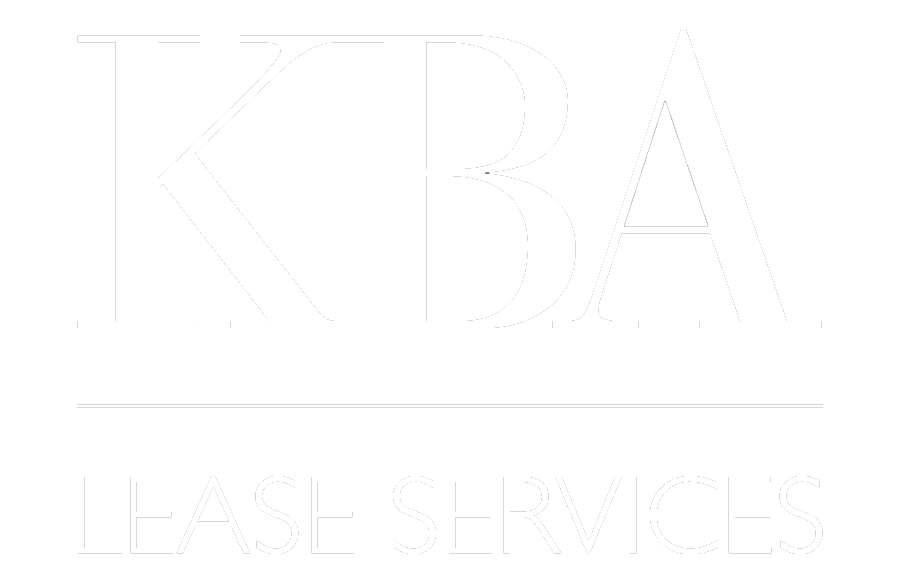It snuck away when you weren’t looking.
You’ve been there. You spend countless hours negotiating a lease, getting it just right. You employ attorneys and others making sure that you’ve adequately protected yourself. You create pro-formas and run the numbers by the transaction team and finance. You get the deal approved and ink it.
And then something happens. When administering the lease you forget how hard you worked and lose control over it.
We see this time and time again and with almost every company. They have difficulty finding all of their lease documents. Or, they have the documents but don’t know where their bills are. Deadlines built into the deals are missed. Expenses they have no obligation to pay are paid.
How easy is it for this to happen?
Consider these real-life examples:
Example 1: Tenant A negotiates an option to renew the lease for 3 years at a favorable rate, provided it gives the landlord notice 180 days prior to expiration. Expiration is defined as 60 months from Commencement, and Commencement is defined as when the fit-up work is “substantially complete” and landlord tenders possession. Tenant A has been in the space for a few years, but in looking at the file, it is unclear when Commencement occurred. Thus, the tenant can’t tell when the lease expires, and consequently can’t tell when the 180 day notice to renew is due. Tenant A sends a notice to renew the lease, and the landlord responds that the option expired.
Example 2: Tenant B negotiates a detailed operating expense pass-through clause that provides that the tenant is not required to pay for capital expenditures except if they are intended to save other operating expenses. If so allowed, they must be amortized over their useful life and the annual amount allowed to be passed-through is limited to the savings for that year. The bills for this lease are sent by the landlord to the local office of Tenant B, who pays them. The local office doesn’t have a copy of the lease, or if it does, doesn’t know what it means. When the bills come in, they are paid, without applying the limitations established in the lease. Amounts are paid that should not be.
Recommendations for Managing Lease Information
In order to preserve the rights you so strenuously fought for, we recommend that you maintain critical lease information in hard copy files, with all documents, negotiation history, bills and correspondence scanned and placed in a central network folder (separate folder for each file) or uploaded into a lease administration database.
Legal Documents: it is imperative that you keep all lease documents organized in a central file. This includes all legal documents, including lease agreements, addenda, amendments, exhibits and side agreements (e.g., SNDA’s and estoppels). It also includes any and all notices and all subsequently-negotiated letter agreements and settlement agreements.
Negotiation History: This is a critical part of the lease history. Most legal documents are not clear enough when a specific issue arises. Notes and prior drafts of the documents can save hours of time when you are trying to ascertain and explain the intent of a particular clause. If keeping hard copies of these notes becomes too burdensome, scan them.
Bills: Most leases contain complex operating expense, tax and other pass-through clauses as well as requirements that the tenant pay for sundry items not covered by the rent. The bills for these items all make their way to accounts payable, but many corporations do not save copies in their real estate files. This makes an analysis and comparison of charges to lease requirements impossible. With respect to the escalation charges, copies of all annual reconciliations should be kept in the file in a separate place, with a copy scanned and placed in the network folder. Copies of sundry charges should similarly be scanned if the originals are to be sent to accounts payable for processing.
Correspondence: Preserve copies of all letters, even though they may not rise to the level of legal agreements. Letters can give those reviewing the file a better picture of the overall relationship between the parties.
Don’t Let Your Deal Get Away from You!
Remember, negotiating a lease is not just an academic exercise. You are trying to preserve your rights. Following the terms of the lease is just as important as negotiating it.
